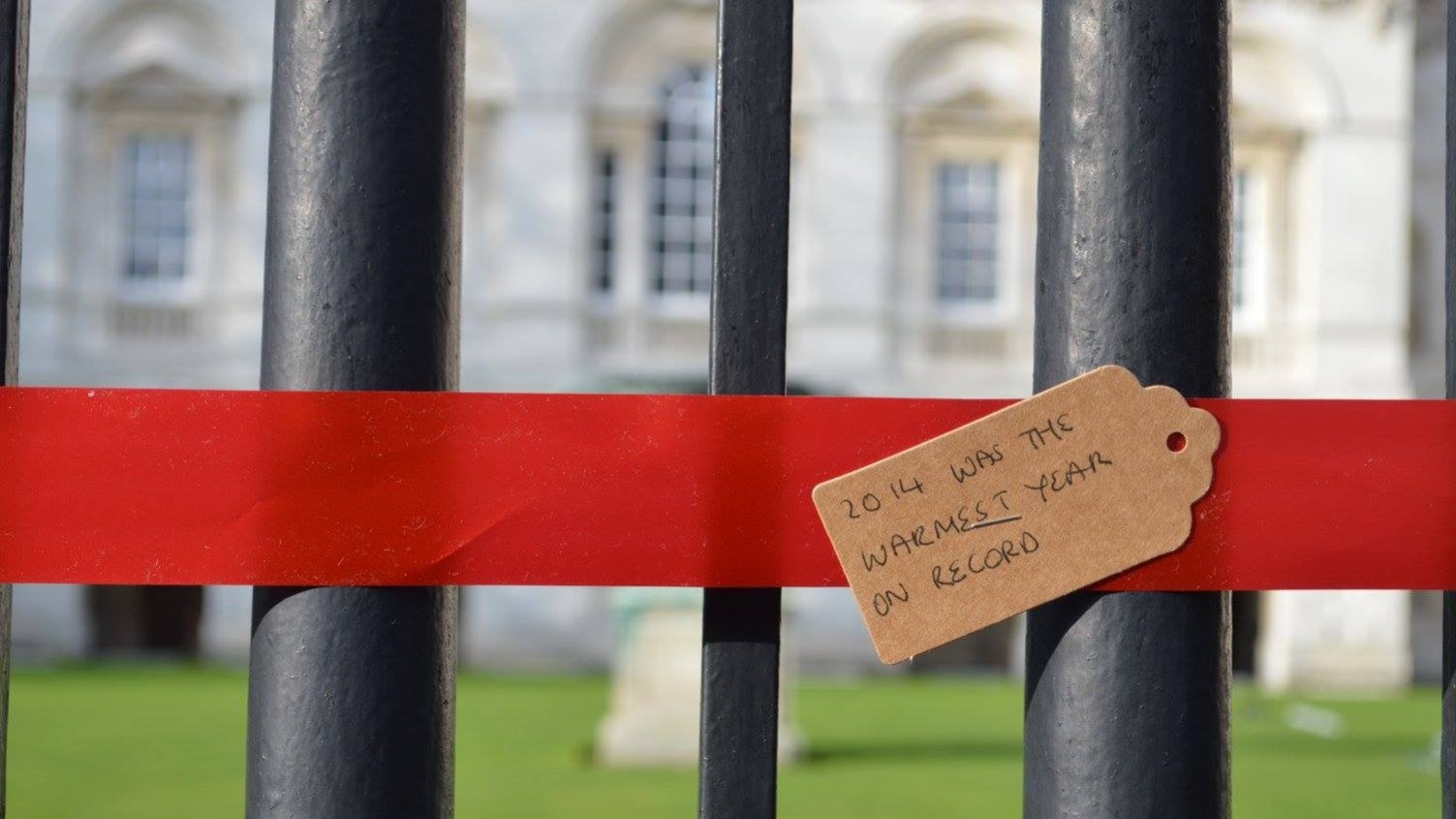Fossil fuel divestment: The UK’s universities must invest in a future we all want to see
'Institutions need to look at their finances and ask themselves: What sort of future are we preparing our students for? What sort of society are we shaping?'

Your support helps us to tell the story
From reproductive rights to climate change to Big Tech, The Independent is on the ground when the story is developing. Whether it's investigating the financials of Elon Musk's pro-Trump PAC or producing our latest documentary, 'The A Word', which shines a light on the American women fighting for reproductive rights, we know how important it is to parse out the facts from the messaging.
At such a critical moment in US history, we need reporters on the ground. Your donation allows us to keep sending journalists to speak to both sides of the story.
The Independent is trusted by Americans across the entire political spectrum. And unlike many other quality news outlets, we choose not to lock Americans out of our reporting and analysis with paywalls. We believe quality journalism should be available to everyone, paid for by those who can afford it.
Your support makes all the difference.In a recent referendum at Leeds University Union, a massive 83 per cent of students said they wanted the university to divest from fossil fuels. It was the biggest majority of any referendum the union had ever held, and one of its highest-ever turnouts. It was a clear message from students, and the union has been campaigning on the issue ever since.
Last month, Leeds University Council decided not to listen to its students and announced it wouldn’t be pulling its money out of fossil fuel investments. That’s why students are staging a sit-in at Leeds University Council meeting on Thursday, with banners draped from the windows and people lining the corridors, calling for an end to fossil fuel investments and reinvestment in renewable alternatives.
For the first time, Leeds University Council will have to listen to these students’ arguments face-to-face.
And the arguments are becoming impossible to ignore. Universities prepare students for the future, helping them to shape society over the decades to come. Their financial investments should also support this aim. It doesn’t make any sense for universities to be profiting from climate disaster; sending out cohort after cohort of graduates into a world of escalating ecological breakdown.
Institutions need to look at their finances and ask themselves: What sort of future are we preparing our students for? What sort of society are we shaping?
More and more universities understand this. This month alone, we’ve seen the University of Lancaster free up £1 million to invest positively, and new divestment commitments from the universities of Newcastle and Southampton. Southampton even moved the money they divested into a “dark green” fund. This is what we want to see.
In a statement, Leeds University said it’s “committed to helping the world move as quickly as possible to a low carbon future,” and it’s true that it does do some amazing work around education, behaviour change, and research. But all of this is compromised by investments in fossil fuels, and it’s ignoring a powerful opportunity to fund alternatives.
The university says it won’t divest because it wants to “keep pressure on fossil fuel companies to move as quickly as possible to a low-carbon future” and believes “by researching and working with fossil fuel companies, they can become part of the solution.” This is far too optimistic. Attempting to reform fossil fuel corporations has not been an effective strategy in the past.
Back in 2001, BP rebranded itself as being ‘Beyond Petroleum’, promising to move into renewable power. We were being played. Nothing changed, and the PR stunt was quietly dropped a few years later. Things haven’t gotten better since. Just this week, 97 per cent of Shell shareholders voted against using fossil fuel profits to become a renewables company.
These corporations have no serious plans to change their extraction practices. Leeds University should stop trying to collaborate with climate criminals, and use its money to fund actual alternatives to fossil fuels.
There are loads of good places Leeds could put its money. It could even invest on its own campus like Lancaster University, which has installed its own wind turbine. It’ll pay for itself in six years, provides 15 per cent of the university’s electricity, and it’ll generate an amazing £15 million of renewable power in its lifetime. This isn’t just an ethical investment, it’s a good investment full-stop. And if Leeds wants to continue its excellent work on renewables research, education, and behaviour change, infrastructural projects like this can add loads of value to the student experience.
If Leeds doesn’t want to do something as involved as an on-campus project, that’s fine. It can just move its money into a more positive investment. NUS has just put out a briefing packed with suggestions about funds and bonds universities could invest in rather than fossil fuels. And while the world’s biggest coal companies are going bust, low-carbon alternatives are secure financial investments, with good rates of return.
There are no good reasons to keep investing in fossil fuels. It just makes sense to move money into renewables as quickly as possible. The students are clear about it, the science is clear about it, and the economy is clear about it. It’s time for Leeds - along with all UK universities - to invest in the future we all want to see.
Piers Telemacque is vice-president of society and citizenship with the National Union of Students
Join our commenting forum
Join thought-provoking conversations, follow other Independent readers and see their replies
Comments